Martin Scorsese’s name is synonymous with some of films greatest masterpieces and like a few of his pieces that don’t glorify the criminal activity of mobsters, like “Taxi Driver” and “Cape Fear,” “Shutter Island” is a character focused study on a mans descent into madness. Except this time around, it’s not Robert De Niro playing the fanatical likes of Travis Bickle (Taxi Driver) or Max Cady (Cape Fear), but Scorsese’s current favorite Leo DiCaprio in their fourth collaboration together.
Adapted from the novel by Denis Lehane, the man responsible for authoring “Mystic River,” those who have read it already know the setup and the killer twist. For those who haven’t read it, after a yearlong abusive ad campaign, we have all by now ascertained “Shutter Island” revolves around widowed federal U.S. Marshall (DiCaprio) on assignment to the Alcatraz-like prison of Shutter Island to find escaped murderer Rachel Solando. It’s imperative to go into “Shutter Island” with only a vague knowledge on the details otherwise your wristwatch will seem more intriguing than trying to figure out the ending.
The aftershock of “Shutter Island” reminded me a lot of how I felt after seeing Darren Aronofosky’s “Requiem for a Dream.” Within the frameworks of these two films, real life is characterized as an illusion for separate reasons. Leonardo DiCaprio channels “Requiem’s” Ellen Burstyn and her frenetic personification of crazy. Unlike the obviousness of Burstyn’s character going down the rabbit hole from drugs, DiCaprio is loosing his grasp on sanity and likewise reality from a labyrinthine cat-and-mouse game that leads to overwhelming self-discovery rather than the location of escaped inmate Solando.
Scorsese covers a lot of ground within the mile radius of “Shutter Island.” Communist paranoia, inhumane treatment of prisoners, reality vs. delusions, and the early days when a lobotomy would make for a more stable psychopath are just a few of the subtopics added on to the already capital theme of mental instability. The score, compiled of various classical pieces that jump from somber and subtle to sharp and jarring violin strokes, may seem a nuisance at times but is perfectly reflective of the mood to each scene.
The manic fervor and intensity of DiCaprio emits off the screen in heatwaves. With this performance, DiCaprio has solidified himself as one of Hollywood’s greatest leading actors around and maybe one of the only who knows how to continuously pick parts that showcase his incredible range. At 67, Scorsese is still experimenting, using jumpy and sometimes random shots reminiscent of Godardian style and an often anticipatory, suspense driven paradigm Hitchcock could have just as well pulled off.
DiCaprio has proven to be a loyal sidekick to Scorsese, whether it’s battling New Yorkers (Gangs of New York), portraying the disturbing compulsions of Howard Hughes (The Aviator), being trapped as an undercover mole in the mafia (The Departed), and now, going completely bonkers. These two have not only proven to be a valuable collaborative team, but maybe Hollywood’s saving grace to cinema.









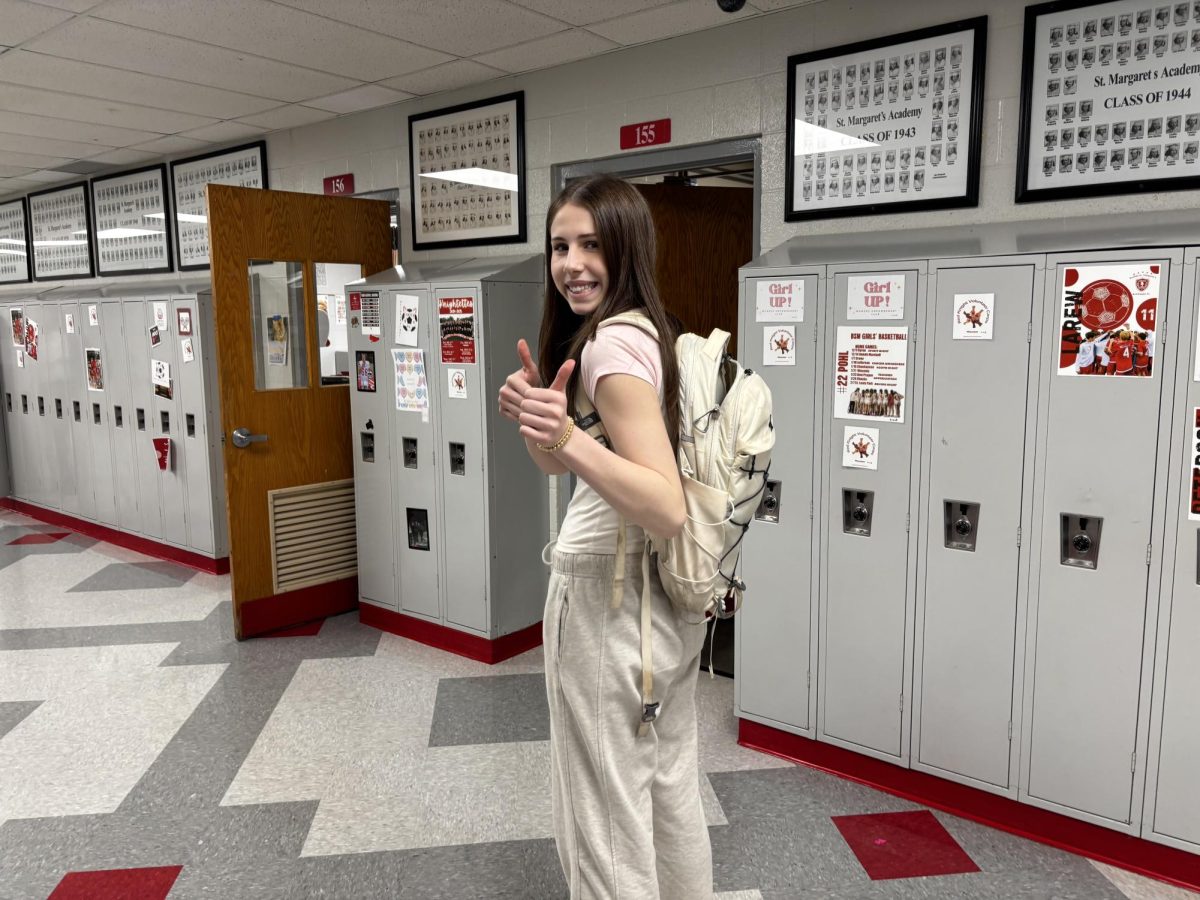





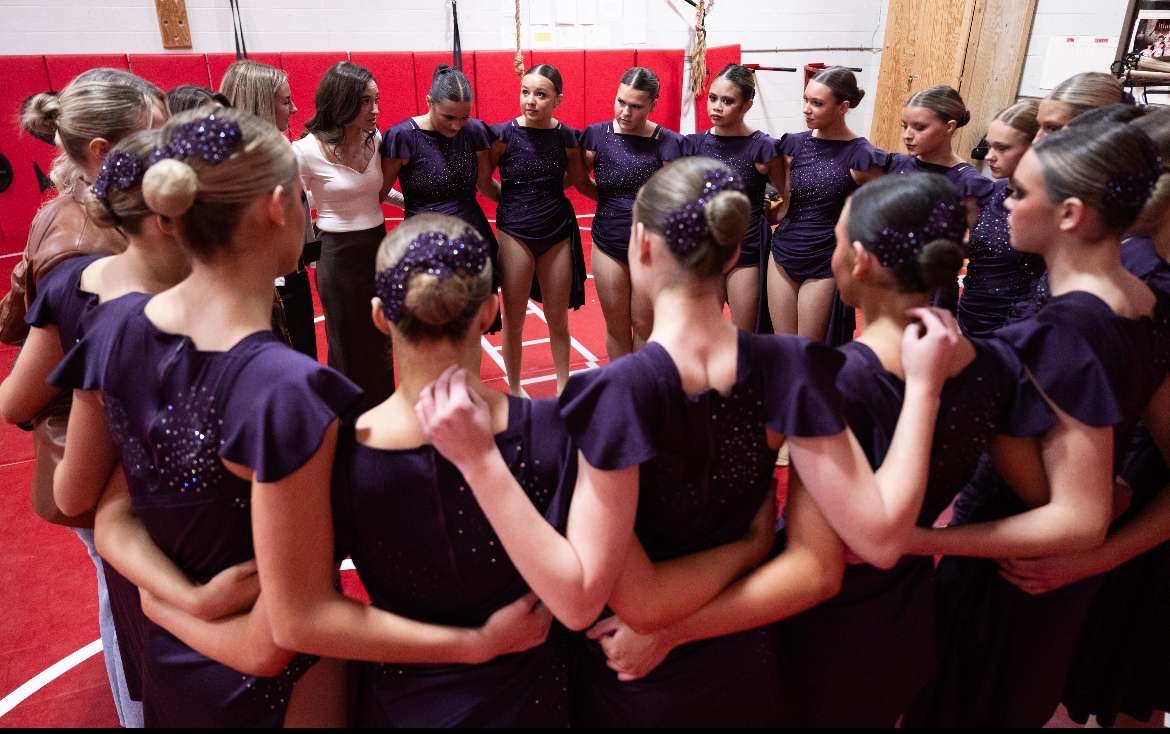



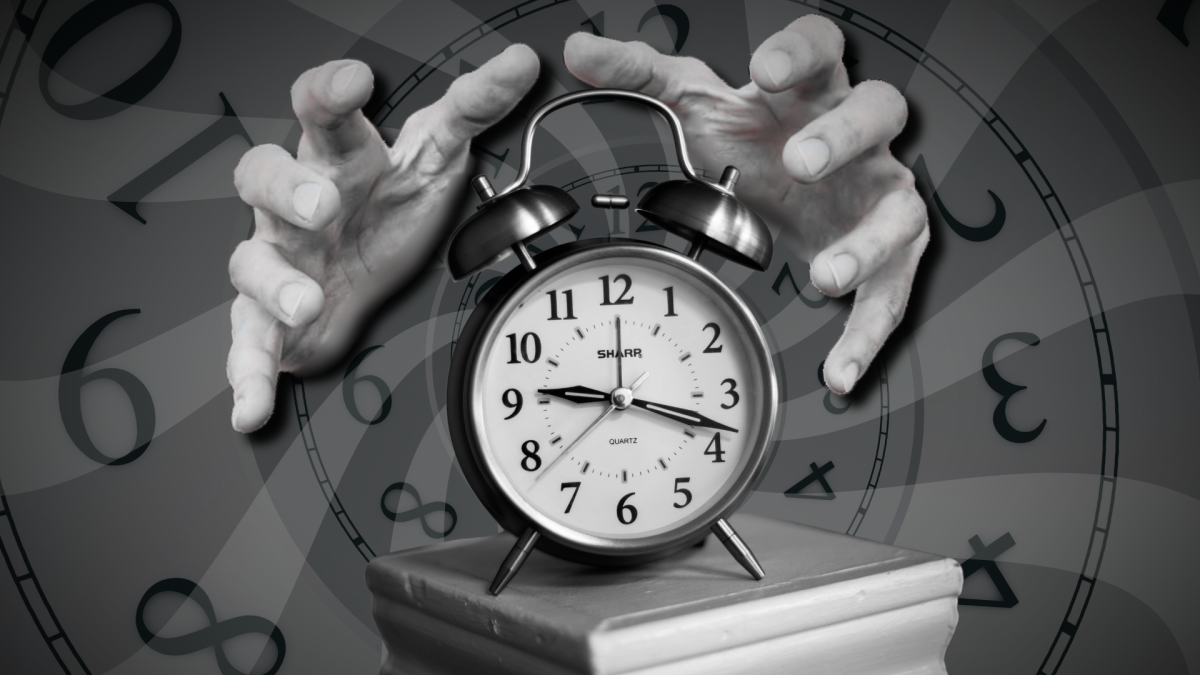

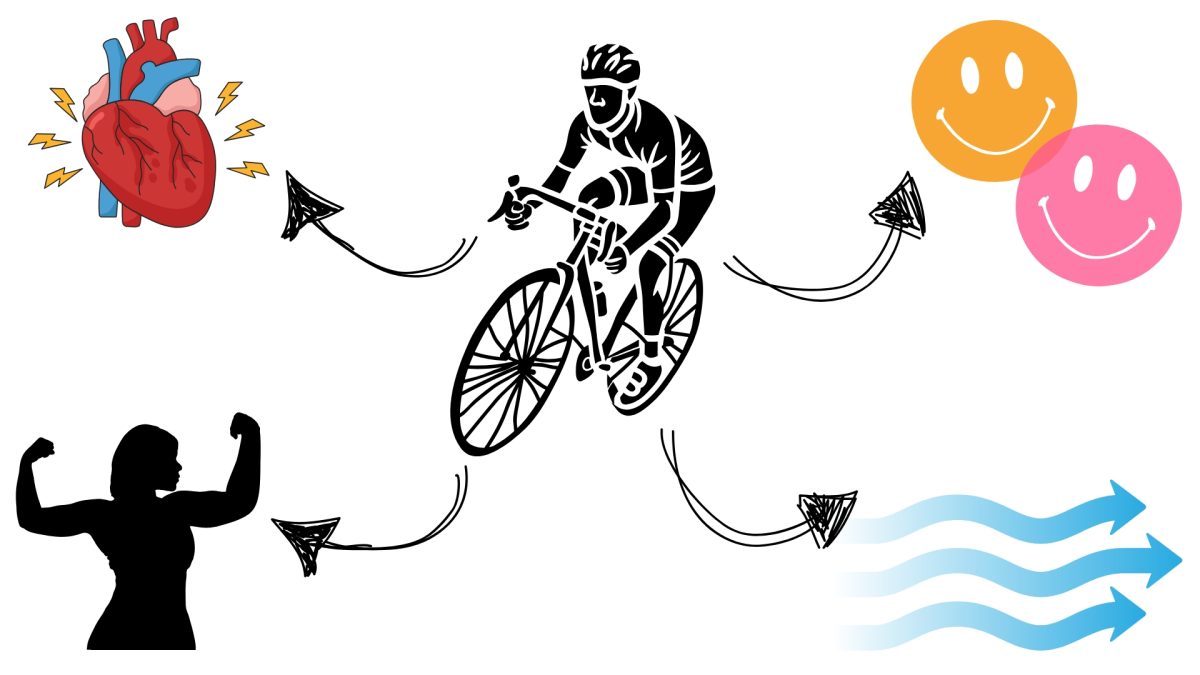



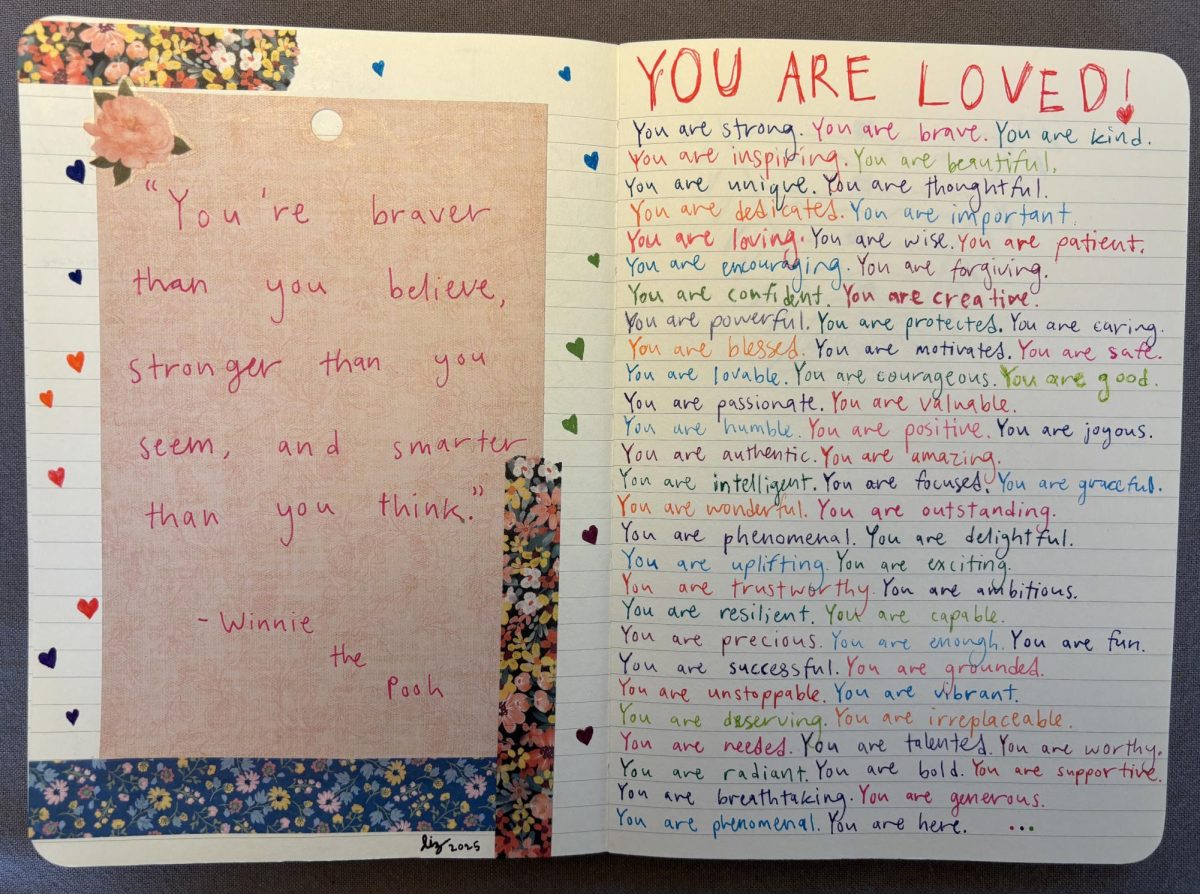




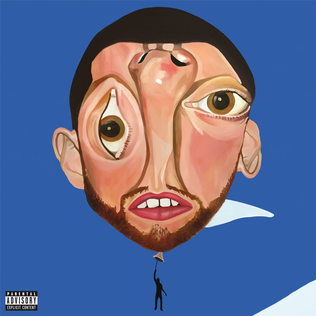





![Teacher Lore: Mr. Hillman [Podcast]](https://bsmknighterrant.org/wp-content/uploads/2025/03/teacherlorelogo-1200x685.png)




